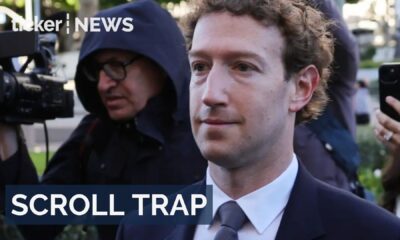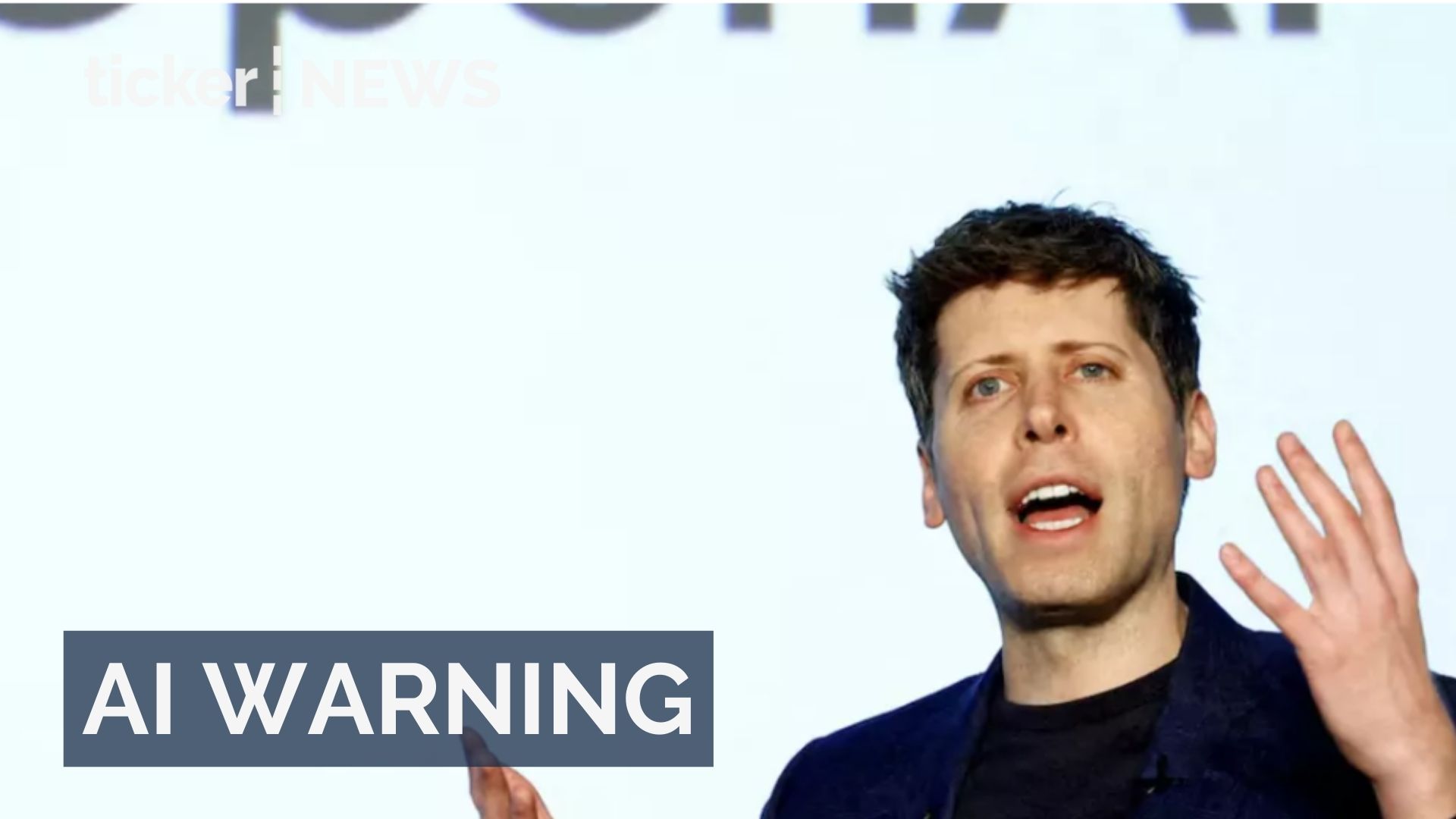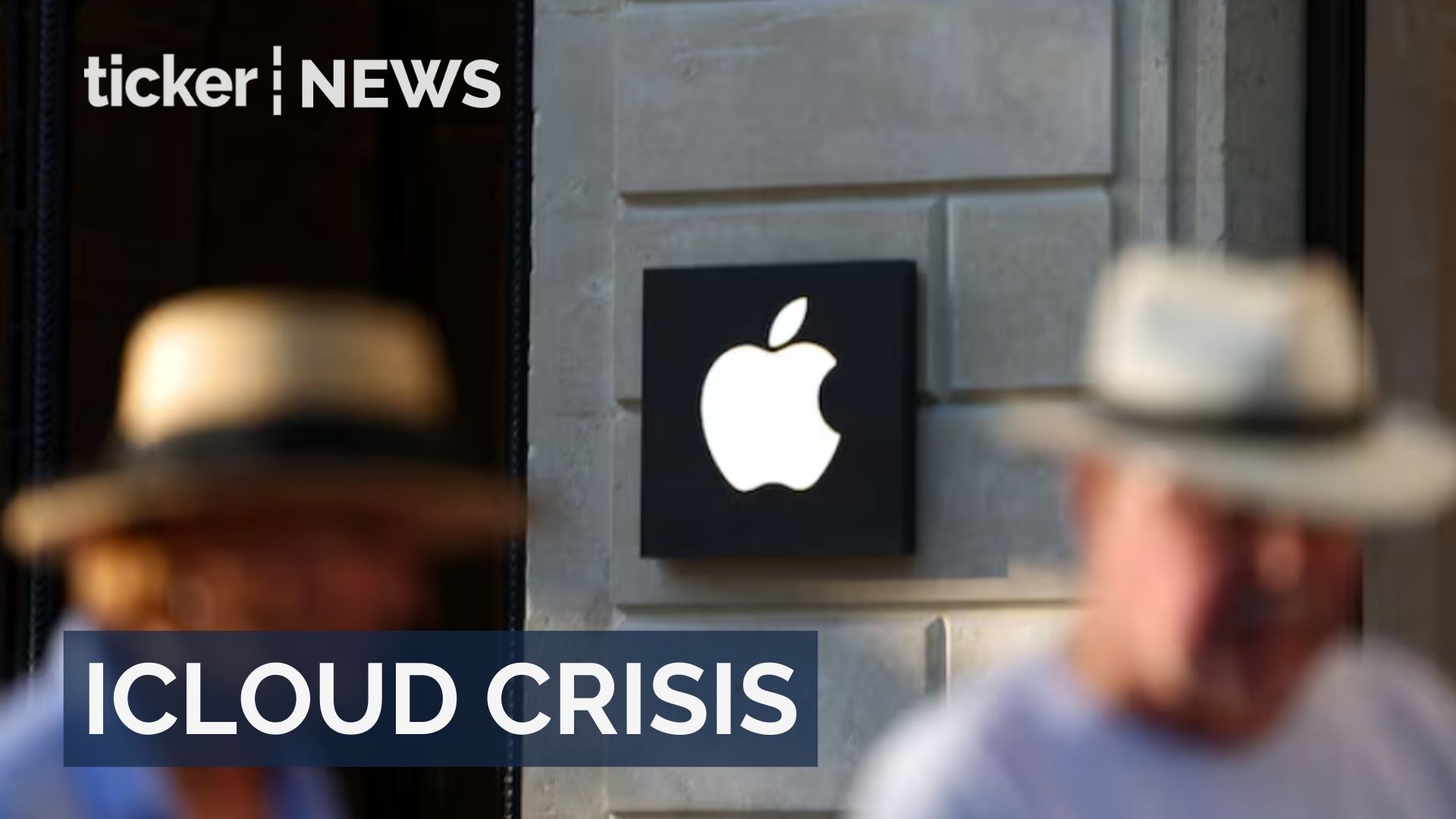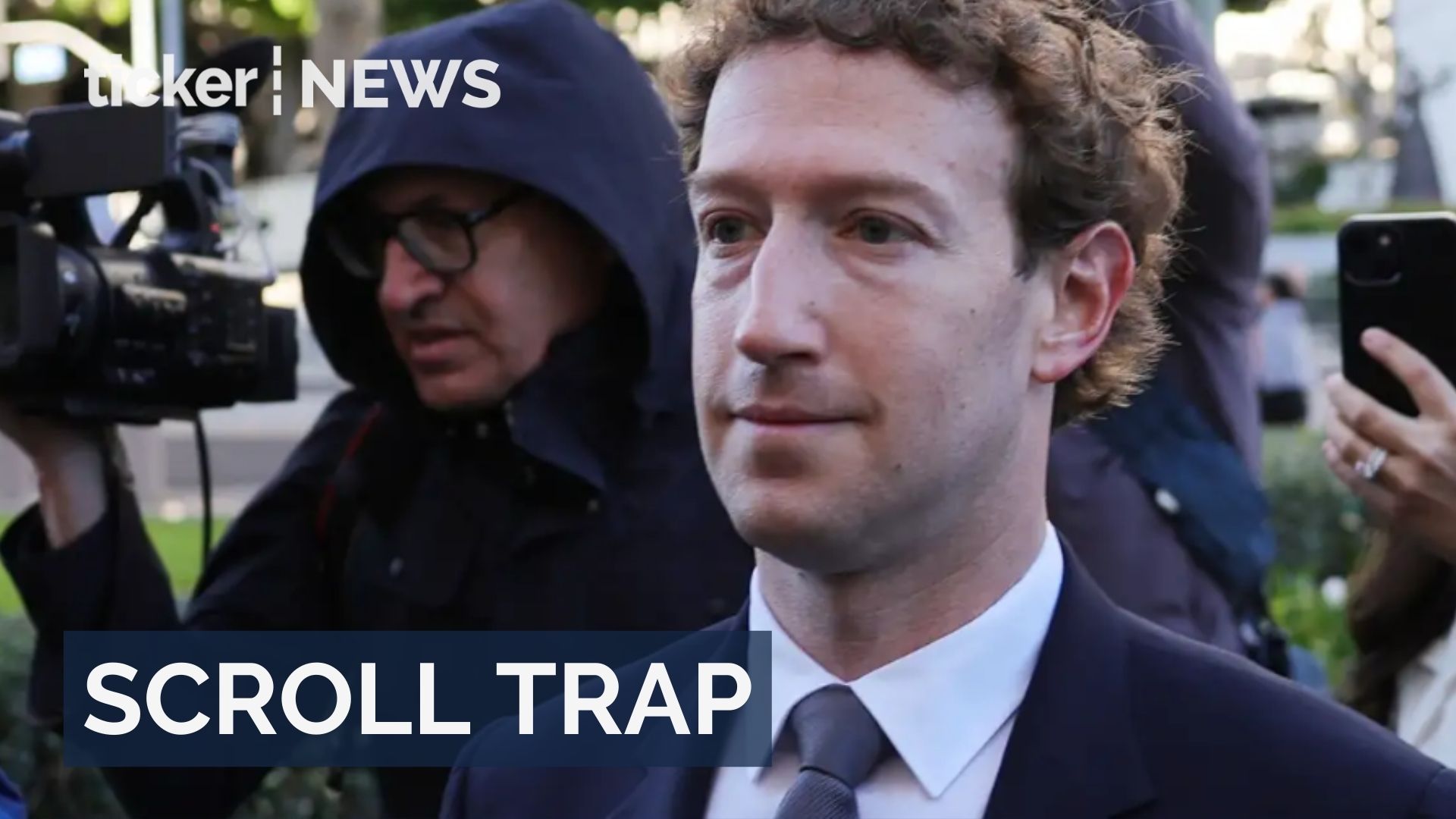Tech
Plans to ban Texas kids from social media

Tech
Sam Altman predicts superintelligence could appear by 2028
Sam Altman warns superintelligence may arise by 2028, advocating for global cooperation and a new governing body for AI.
Tech
Apple faces legal action as West Virginia sues over child safety
West Virginia AG John McCuskey sues Apple for failing to block child abuse material on iCloud and iOS devices.
Tech
Zuckerberg testifies on social media addiction and child safety
Meta CEO Mark Zuckerberg testifies in LA trial over claims that platforms are addictive and harmful to children.
-



 Tech1 day ago
Tech1 day agoSam Altman predicts superintelligence could appear by 2028
-



 News1 day ago
News1 day agoAndrew Mountbatten-Windsor released after 12-hour questioning
-



 News2 days ago
News2 days agoUkraine Russia peace talks stall with no breakthrough
-



 Tech2 days ago
Tech2 days agoZuckerberg testifies on social media addiction and child safety
-



 Money3 days ago
Money3 days agoAustralian Dollar surges: What $0.70 means for markets
-



 Money4 days ago
Money4 days agoBig tech stocks slide amid AI spending concerns
-



 Ticker Views3 days ago
Ticker Views3 days agoCan diplomacy survive the Iran-US nuclear standoff?
-



 News3 days ago
News3 days agoIran and U.S. reach preliminary nuclear agreement in Geneva






